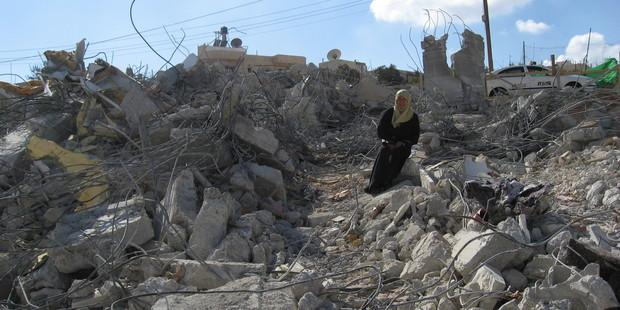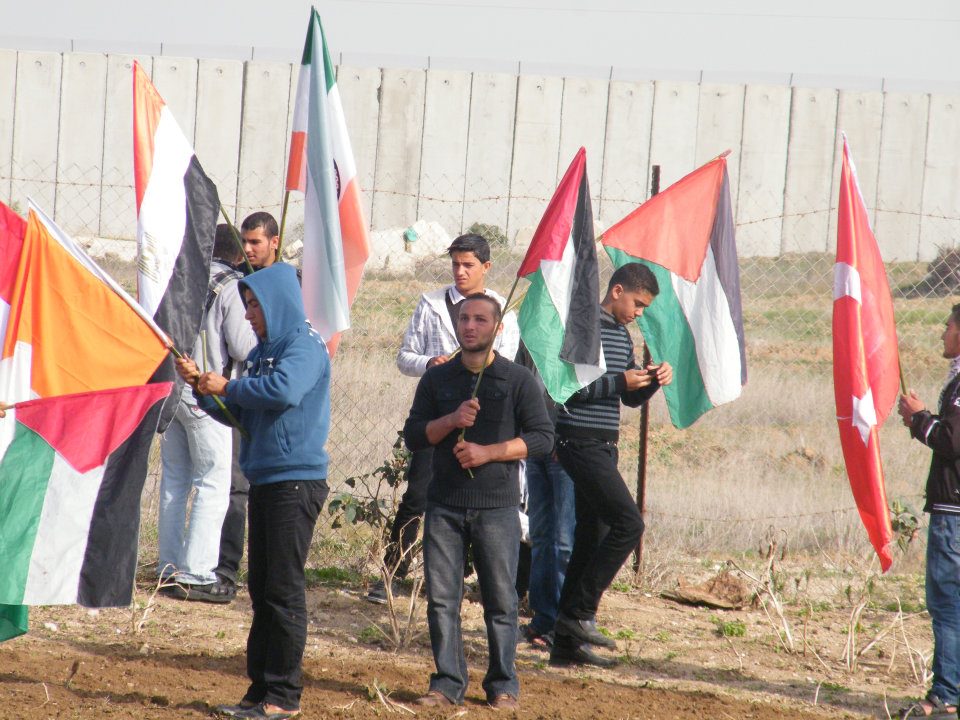-
Record number of Palestinians displaced by demolitions as Quartet continues to talk
13 December 2011 | Amnesty International Israeli authorities have stepped up unlawful demolitions in the West Bank including East Jerusalem over the past year, displacing a record number of Palestinian families from their homes, an international coalition of 20 leading aid agencies and human rights groups said today. The statement comes as the Middle East […]
-
Planting the seeds of resistance and steadfastness in the no go zone
by Nathan Stuckey 13 December 2011 We set off from in front of the Beit Hanoun Agricultural College under the flags of half a dozen countries, but listening to the music of Palestine. Every Tuesday, for three years, we set off from here into the no go zone, that three hundred meter strip of death […]
-
Nedal, 14 years old, collected metal to support his family – they shot him from behind
by Rosa Schiano 13 December 2011 | il blog di Oliva This morning at the Eretz border in Beit Hanoun, Israeli soldiers shot a 14-year-old boy, Nedal Khaleel Hamdan. We went to the hospital to meet him. We found him sitting on the bed with his left shoulder bandaged, surrounded by his family. Nedal was collecting […]
Action Alert An Nabi Saleh Apartheid Wall Arrests BDS Bethlehem Bil'in Cast Lead Demonstration Denial of Entry Ethnic Cleansing Farmers Gaza Global Actions Hebron House Demolition International law Israeli Army Jerusalem Live Ammunition Nablus Ni'lin Prisoner Ramallah Rubber-coated steel bullets Settlement Settlers Settler violence Tear-Gas Canister Video



